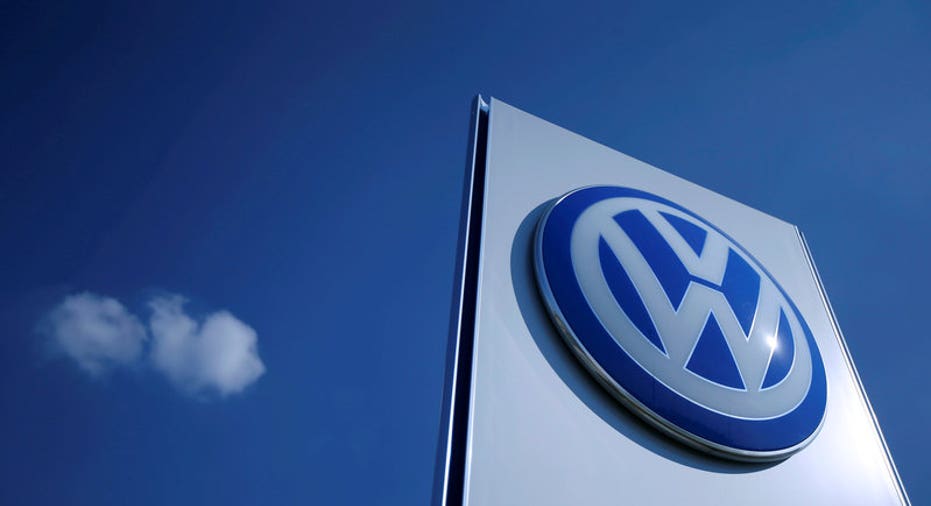Volkswagen to Slash Up To 30,000 Jobs

Volkswagen AG announced a sweeping restructuring of its embattled VW passenger-car brand including up to 30,000 job cuts over five years, part of efforts to boost profits in the wake of the company's damaging emissions-cheating scandal.
The VW brand, the German automotive giant's biggest business by sales, has struggled for years to stay profitable. Since admitting last year to rigging nearly 11 million diesel cars to cheat on emissions tests, the company has been forced to pay settlement costs and compensation to consumers of more than EUR18 billion ($19 billion).
By 2020, Volkswagen aims to boost earnings at its namesake brand by EUR3.7 billion a year, increasing the pretax return on sales to 4% from less than 2% in the most recent financial quarter.
"We're shaking up the entire VW brand and making it fit for the future," said Herbert Diess, head of the VW brand.
With the job cuts, 23,000 of which are set to go in Germany, and other efficiency measures, VW aims to increase productivity of its German factories by 25% in the coming years.
Volkswagen Chief Executive Matthias Müller is grasping the opportunity of the company's deepest crisis in years to take long-needed steps to restructure VW, hence the wide-ranging restructuring talks with labor over the past eight months.
Despite the financial burden of the emissions scandal, Mr. Müller is also shifting Volkswagen's investment toward new technology to keep up with heavy-spending rivals. Car companies will need fewer employees and those with different skills to run digital businesses and make electric cars.
Over the next few years, the Volkswagen brand plans to invest around EUR3.5 billion in its German plants with a sharp focus on building up production of electric vehicles and new digital businesses, involving the creation of thousands of new jobs.
Volkswagen's labor group was threatening to block investment decisions at Friday's meeting unless management offered job guarantees to the company's 282,100 workers in Germany, nearly half its global workforce. The agreement to cut jobs follows eight months of grueling negotiations with the works council and IG Metall trade union.
Labor leaders agreed to the cuts, to be achieved through natural attrition and early retirement, in exchange for pledges to build electric vehicles and batteries in Germany. Around 23,000 of the total job cuts will come from German factories, but around 9,000 new jobs will be created.
Volkswagen has agreed to build electric car models in Wolfsburg, its main plant, and in Zwickau in east Germany, which suffered when the company scrapped the loss-making Phaeton luxury sedan earlier this year.
VW will build electric motors at its Kassel engine plant and begin production of battery cell production at its main engine plant in Salzgitter.



















